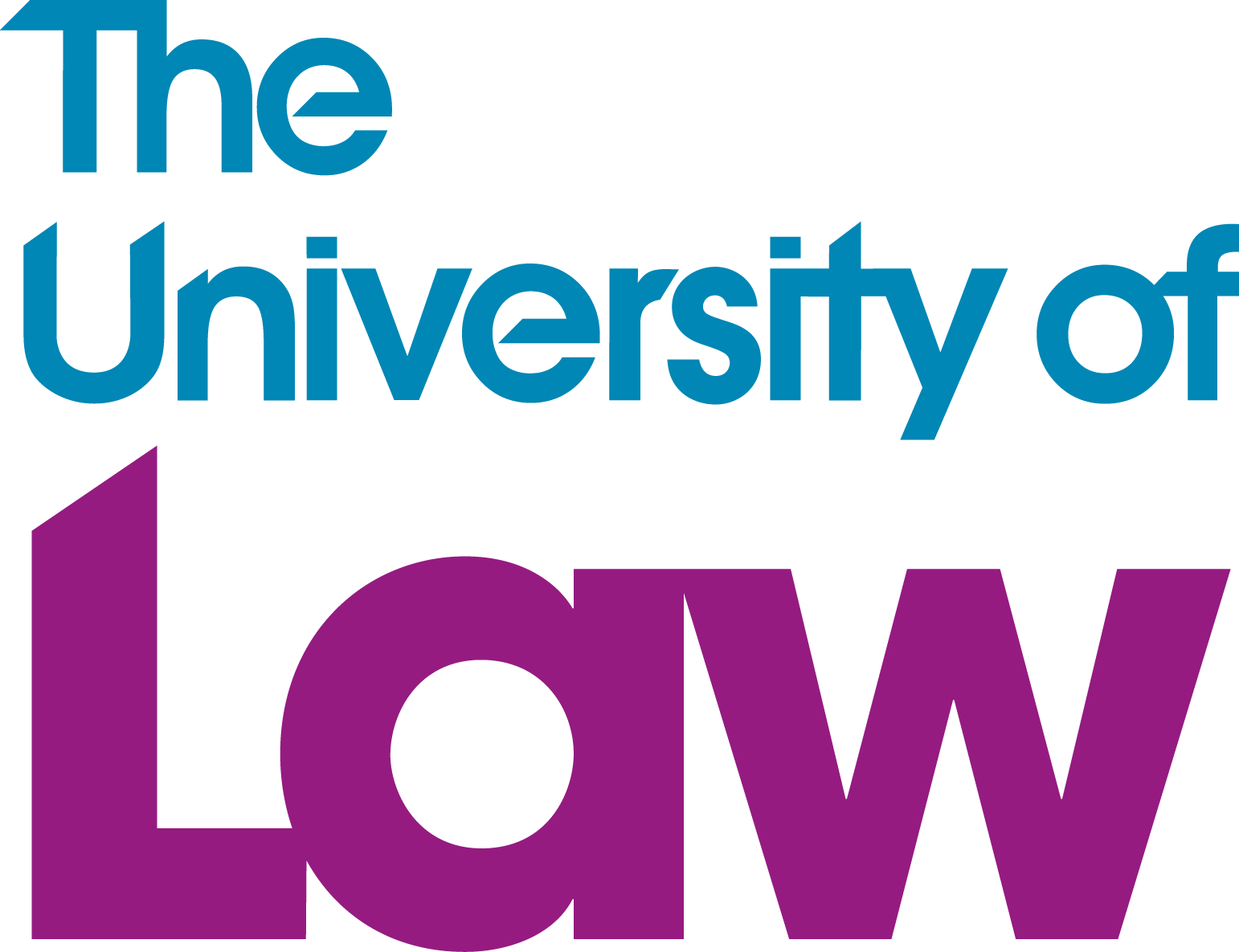A Comprehensive Investigation Into Gender Inequality and Financial Disparities in the Legal Profession of Pakistan Resulting Under-Representation of Female Lawyers Lawyers
Ahmad, Muhammad and Hayat, Zoofishan (2024) A Comprehensive Investigation Into Gender Inequality and Financial Disparities in the Legal Profession of Pakistan Resulting Under-Representation of Female Lawyers Lawyers. Journal of Population Therapeutics & Clinical Pharmacology, 31 (2). pp. 9903-9912. ISSN 1710-6222
|
Text
1084_Final_JPTCP_Vol.+31+No.+2+(2024).pdf - Published Version Available under License Creative Commons Attribution Non-commercial. Download (596kB) | Preview |
Abstract
The legal profession of South Asia grapples with persistent gender inequality.Although the under-representation of female lawyers in Pakistan has recently become a topic of discussion in NGO seminars and the media, a comprehensive study addressing the factors contributing to this disparity is notably absent. This study aims to fill this gap by investigating potential obstacles hindering the presence of female lawyers in the legal profession in Pakistan.A detailed examination of bar council data reveals a substantial gender imbalance among legal professionals across all four provinces of Pakistan. Notably, the study emphasizes the lack of literature on this issue, in contrast to Western countries where extensive research exists on women's professional experiences. Drawing on qualitative data collected from interviews, focus groups, and key informant discussions, this research highlights the critical issue of inadequate financial incentives as a significant deterrent for female lawyers. Examining the economic factors affecting female lawyers, the study finds that low or non-payment of salaries is pervasive, particularly during the initial years of practice. Despite global conversations on equal pay, female lawyers in Pakistan struggle to secure even a basic living wage. The study underscores the importance of financial remuneration as a matter of human rights and dignity, urging law firms to adopt humane policies, fair compensation, and transparent recruitment practices.The research reveals that senior figures in the legal profession justify the non-payment of wages, perpetuating a culture of exploitation. Female lawyers face additional challenges, including biased hiring practices, longer probationary periods, and discriminatory salary gaps compared to their male counterparts. The study emphasizes the need for a remuneration package, comprehensive training programs, law clinics, and linguistic training to address these issues and enhance gender balance within the legal profession. To rectify the situation, the study proposes recommendations such as introducing a living wage, flexible work arrangements, and government support for minimum wage structures. The findings underscore the urgency of collaborative efforts by bar councils, the Supreme Court, and the government to establish a comprehensive solution and eradicate the prevailing exploitative practices that deter the entry and retention of female lawyers in the legal profession.
| Item Type: | Article |
|---|---|
| Divisions: | Law > Law and Society and Legal Technology |
| Depositing User: | G Denton |
| Date Deposited: | 21 Mar 2024 09:33 |
| Last Modified: | 19 Dec 2025 14:33 |
| URI: | https://ulaw.repository.guildhe.ac.uk/id/eprint/27 |
Actions (login required)
 |
Edit Item |


 Altmetric
Altmetric Altmetric
Altmetric